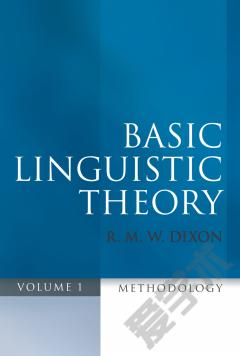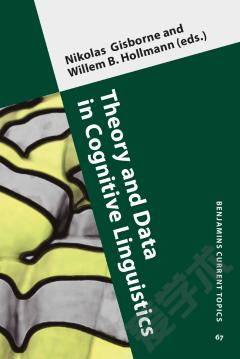Language and Ideology. Volume 1: theoretical cognitive approaches.
Together with its sister volume on Descriptive Cognitive Approaches, this volume explores the contribution which cognitive linguistics can make to the identification and analysis of overt and hidden ideologies. As a theory of language which sees language as the accumulation of the conventionalised conceptualisations of a given linguistic and/or cultural community or sub-group within it, cognitive linguistics is called upon to make its own inroads in the study of ideology. This volume offers theoretical approaches and first discusses the philosophical foundations of cognitive linguistics. The question whether cognitive linguistics is not an ideology itself is not tabooed. The speaker’s deictic centre is the anchoring point, not only for spatial, temporal or interactional deixis, but also for cultural and ideological deixis. Cognitive linguistics is also confronted with a severe Marxist critique, but the potential convergence between the two ‘philosophies’ is highlighted as well. Further the question is raised to what extent the central nervous system and the grammatical system of a language impose sexually biased, and hence ideological representations on cognition. Finally, linguistics itself is seen as a potential bearer of ideological deviations as was the case with the ‘politics of linguistics’ in Nazi Germany, and even with the quest for the Indo-European homeland in comparative and historical linguistics throughout the 19th century and well into the 20th century.
{{comment.content}}








 京公网安备 11010802027623号
京公网安备 11010802027623号